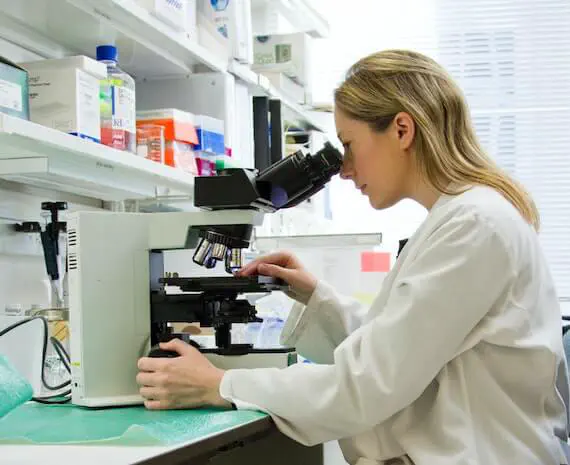Drought and Heat Tolerance in Plants through AI-Assisted Long Noncoding RNAs Design – DHARP

Rice is one of the most important food crops globally, but its productivity is highly vulnerable to climate change, especially to increasing episodes of drought and extreme heat. These stresses often occur together and have a significant impact on yield and food security. While traditional breeding has contributed to improving stress tolerance, this process is slow and frequently constrained by trade-offs between growth and resilience. New strategies are needed to help crops respond quickly and efficiently to changing environmental conditions.
This project aims to explore the potential of long noncoding RNAs (lncRNAs), a relatively understudied class of RNA molecules that do not encode proteins but are increasingly recognized as powerful regulators of gene expression. Because lncRNAs can influence how plants respond to stress, often in subtle and finely tuned ways, they represent a promising new layer of control over key survival traits. However, predicting their function remains a major scientific challenge, as they lack the sequence conservation typical of protein-coding genes. Nonetheless, lncRNAs that share similar biological roles often contain short conserved sequence or structural motifs linked to their interactions with protein partners. However, the systematic detection and characterization of these motifs remains a significant computational challenge due to their subtlety, variability, and the complexity of RNA-protein interaction landscapes.
Artificial intelligence (AI) offers a promising solution for identifying patterns and features beyond primary sequence similarity. Therefore, we propose to use deep learning embedding to analyze the structure and patterns of lncRNAs in rice and Arabidopsis, identifying those most likely to be involved in gene regulation in the context of heat and drought response. By combining AI predictions with high throughput functional screening, we aim to pinpoint the most effective lncRNAs and understand how they work in the plant’s stress response networks. Our ultimate goal is to turn this knowledge into practical tools: using synthetic lncRNAs delivered through innovative RNA spray technology to help plants better tolerate high temperatures and water scarcity—without the need for genetic modification.
This project merges cutting-edge artificial intelligence methods with experimental high throughput plant biology to unlock new ways of boosting crop resilience. It aims to lay the foundation for a new generation of RNA-based, climate-smart agricultural solutions.